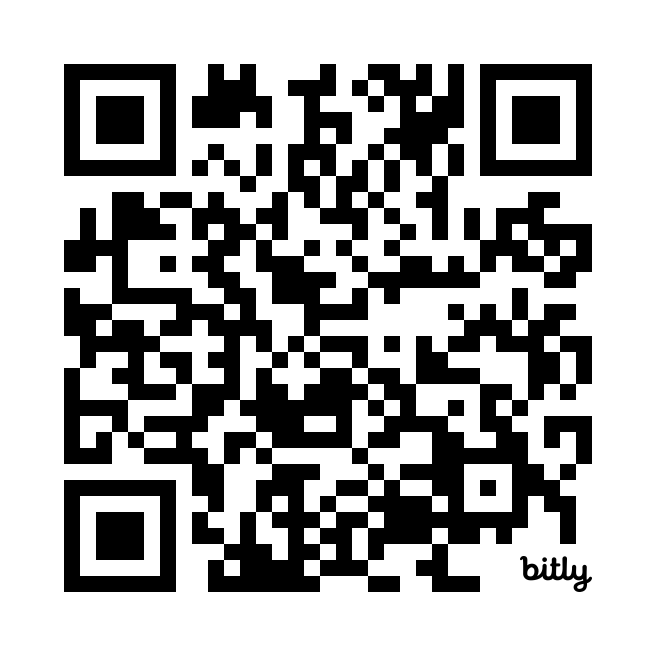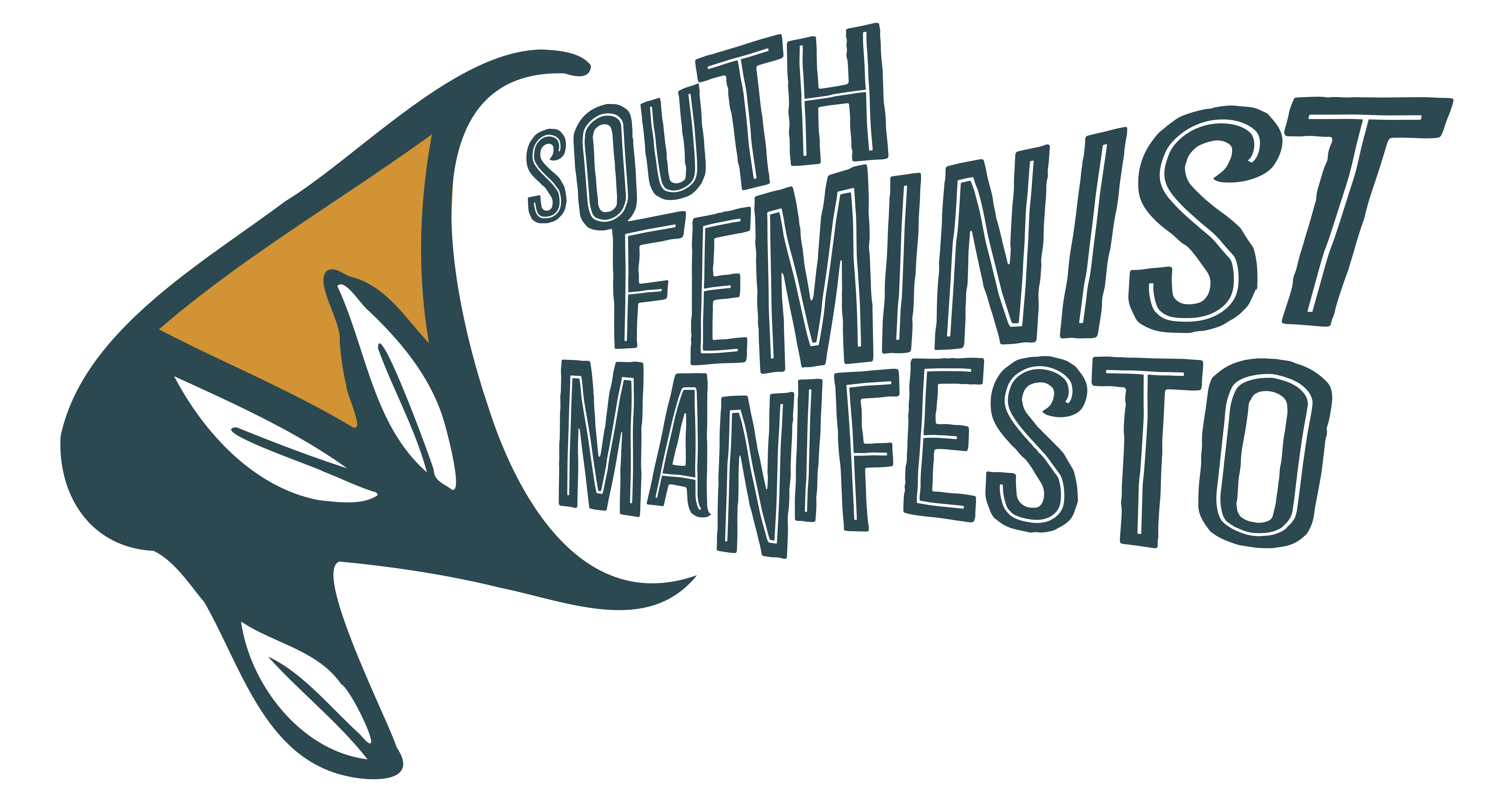The South Feminist Manifesto Glossary
This glossary explains key terms and concepts used in the South Feminist Manifesto,
reflecting perspectives and experiences from the Global South.
Ableism The systematic oppression of people with disabilities through social, economic, and cultural barriers. This system particularly affects disabled women in the Global South by denying access to resources, healthcare, and full participation in society.
Agroecology A farming approach that combines traditional wisdom with ecological practices. It opposes industrial agriculture while recognising women’s role in preserving seeds and biodiversity. Central to food sovereignty and resistance against corporate control of food systems.
Bodily Sovereignty The collective right to control our bodies, sexuality, and reproduction, free from state, religious, or market control. Goes beyond individual rights to connect personal liberation with community and territorial freedom.
Brahmanical Patriarchy A system in South Asia where gender and caste discrimination work together. It uses religious and cultural traditions to keep both women and lower-caste people oppressed, creating different levels of discrimination where upper-caste women have more privileges than lower-caste women. Particularly affects Dalit women who face combined gender and caste violence.
Care Work The vital work of taking care of people and maintaining daily life – including childcare, elder care, cooking, cleaning, and emotional support. Mostly done by women, especially women of colour, this work is essential for society but often unpaid or underpaid. Includes both family care and paid domestic work, often involving women from poorer countries working in wealthier ones.
Casteism A system of social hierarchy based on birth that creates specific forms of oppression, particularly for women from oppressed castes. Interacts with gender oppression to produce distinct forms of violence and discrimination.
Cisheteropatriarchy A power system that privileges cisgender, heterosexual men while oppressing women, trans, and gender-diverse people. A colonial import that disrupted more fluid indigenous gender systems.
Climate Coloniality How richer countries that caused most environmental damage continue to profit while poorer countries suffer the worst effects of climate change. For example, when big companies take resources from Global South communities while calling it “green development,” or when climate solutions ignore local knowledge and needs.
Climate Coloniality Here, the racist subjugation and hierarchical power relations that were created during active colonisation persist in post-colonial spaces and times. The climate crisis perpetuates colonial exploitation, with Global South communities bearing the impacts of Global North consumption. Hence, the old assaults of colonialism endure with “development” often masking ongoing resource extraction.
Climate Justice The understanding that climate change affects different communities unequally. Poor communities, especially women and indigenous peoples, face the worst impacts despite contributing least to the problem. Demands that solutions must address both environmental and social inequality, including paying reparations for environmental damage.
Decolonial Feminism A feminist framework centred on Global South experiences and knowledge. Challenges Western feminist assumptions while building liberation models based on indigenous and Global South wisdom.
Digital Colonialism How big tech companies from wealthy countries control and profit from the digital world, similar to historical colonialism but through technology. Examples include collecting data from Global South users without their real consent, controlling internet infrastructure, and enabling online harassment of women and marginalised groups.
Epistemic Justice The fight for different ways of knowing and understanding the world to be respected and valued. This includes traditional knowledge passed down through generations, indigenous peoples’ understanding of nature, and women’s experiences. Challenges the idea that only Western scientific knowledge is valid or important.
Extractivism An economic system based on taking natural resources (like oil, minerals, or timber) from the Earth for profit, usually benefiting large corporations while harming local communities. Particularly affects indigenous women who often lead the fight to protect their lands from mining, logging, or oil drilling.
False Solutions Responses to problems that look good but don’t address root causes. Examples include:
- When companies claim to empower women by hiring them for exploitative jobs
- Carbon trading schemes that let polluters pay to keep polluting
- Corporate “feminist” campaigns that focus on individual success rather than changing unfair systems
Feminist Economics A different way of thinking about the economy that values care, community wellbeing, and environmental health over profit. Questions why work traditionally done by women (like childcare) is unpaid or poorly paid, while suggesting new economic systems based on cooperation rather than competition.
Food Sovereignty The right of communities to control their own food systems – from seeds to farming methods to what food is grown. Challenges big agricultural corporations’ control over farming. Particularly important for women farmers who often preserve traditional seeds and farming knowledge.
Food Sovereignty The right of communities to control their own food systems. Challenges corporate agriculture while supporting traditional farming practices and seed preservation.
Gender Binary The idea that there are only two genders (male and female). This concept was often forced on societies that traditionally recognized many gender identities. Understanding the gender binary as a colonial import helps support diverse gender expressions that have always existed in many cultures.
Global Care Chain How care work moves across borders, usually from poor to rich countries. For example, when a woman leaves her family to work as a nanny abroad, another family member must take over her care duties at home. Shows how global inequality affects personal family life.
Global Care Chain How care work transfers across borders, with Global South women providing care in wealthy households while their own families lack support. Shows how global inequalities shape intimate life.
Global South A political identity representing peoples and regions that face ongoing colonialism and exploitation. Used to build solidarity while recognizing diverse contexts and resistance strategies.
Global South Term describing regions and peoples historically exploited by colonialism, not just a geographical location. Includes most of Africa, Asia, Latin America, and parts of Oceania. Used to build connections between communities facing similar struggles against economic and political domination.
Imperialism A system where powerful countries control and exploit others through military force, economic pressure, or cultural dominance. Today this often works through multinational corporations, unfair trade deals, and development projects that create dependency rather than direct colonial rule.
Imperialism System of global domination through military, economic, and cultural control. Operates through corporations, development programs, and climate “solutions” that maintain Northern dominance.
Intersectionality Framework showing how different forms of oppression (gender, race, class, etc.) work together to create specific experiences of marginalisation. Essential for understanding Global South women’s struggles.
Intersectionality How different types of discrimination work together to create unique experiences of oppression. For example, a poor, disabled woman of colour faces different challenges than a wealthy white woman with a disability. Helps understand why we need to fight all forms of oppression together.
Knowledge Commons Alternative to privatised knowledge systems that promotes collective ownership of wisdom, especially regarding seeds, medicine, and cultural practices. Opposes corporate patents on traditional knowledge.
Knowledge Commons The idea that certain knowledge should belong to everyone, not be owned privately. Includes traditional medicine, seeds, cultural practices, and farming techniques. Opposes corporations patenting traditional knowledge that communities have developed over generations.
Neoliberalism An economic system that promotes privatisation and “free markets” while cutting public services. Makes life harder for women who must provide unpaid care when governments cut healthcare, education, and social services. Turns basic rights like healthcare into commodities for sale.
Neoliberalism Economic system promoting privatisation and market control. Particularly harms women through service cuts, forcing increased unpaid care work and commodifying basic rights.
NGO-isation How social movements change when they become professional non-governmental organisations (NGOs) dependent on donor funding. Often leads to focusing on what donors want rather than community needs, and can weaken radical demands for change.
NGO-isation Process where radical movements become dependent on donor funding and bureaucratic structures. Weakens movements by shifting accountability from communities to funders.
Patriarchal Capitalism How capitalism and male dominance work together as systems of power. Shows how capitalism benefits from and reinforces women’s oppression, like paying women less for work and relying on their unpaid care labour.
Religious Fundamentalism Use of rigid religious interpretations to justify oppression, especially of women and LGBTQIA+ people. Connected to broader systems of patriarchal control.
Reproductive Justice The right to have children or not have children, and to raise children in safe, healthy environments. Goes beyond just abortion rights to include access to healthcare, clean environment, and resources needed to raise children with dignity.
Solidarity Economy An alternative economic system based on cooperation and sharing rather than competition and private profit. Includes worker-owned cooperatives, community gardens, mutual aid networks, and other ways of organising economic life that benefit everyone.
South-South Solidarity Cooperation between movements and nations in the Global South, without depending on wealthy countries’ support. Building power by sharing strategies, resources, and support between communities facing similar struggles.
South-South Solidarity Strategic collaboration between Global South movements and nations. Builds power through mutual support rather than depending on Northern institutions.
Traditional Ecological Knowledge Indigenous and local understanding of ecosystems and sustainable resource management. Often held by women and systematically devalued by colonial systems.
Traditional Ecological Knowledge Understanding of nature and sustainable living developed by indigenous peoples and local communities over generations. Often held by women who maintain seed diversity, preserve medicinal plants, and manage natural resources. Regularly ignored by Western science despite proving crucial for environmental protection.
Transformative Justice Approach to addressing harm and building new social relations beyond punishment. Based on indigenous practices of community healing and accountability.
Transnational Feminist Solidarity Building connections between feminist movements across national borders while respecting local differences. Recognizes that while specific challenges may vary, women worldwide face connected systems of oppression requiring unified resistance.
White Supremacy A global system of power that privileges whiteness while oppressing people of colour. Works together with capitalism and patriarchy to justify exploitation, from historical colonialism to modern forms of racism and discrimination.
White Supremacy Global system of power underlying colonialism and ongoing exploitation. Intersects with gender and class oppression to particularly impact women of colour.
Subscribe to our mailing list to stay updated on the project!

